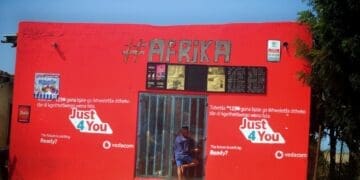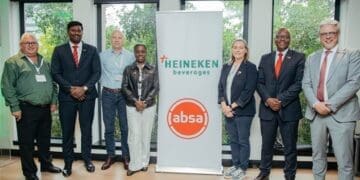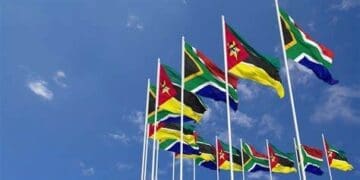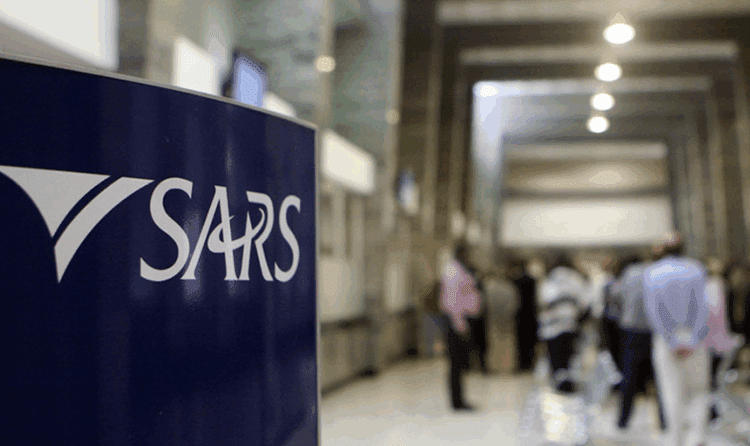South Africa’s 2025 tax season is proving to be a major stress-test for small businesses, particularly those who’ve recently joined the formal economy, especially with SARS cracking down on compliance.
However, as the South African Revenue Service continues with its drive to strengthen voluntary compliance, entrepreneurs are learning fast that tax administration is not only a legal requirement but also a business survival tool.
Between 7 and 20 July, SARS sent millions of auto-assessment notifications to taxpayers, including newly formalised business owners. The period between 21 July and 21 October 2025 was the tax filing season, where SMEs had to put their financial houses in order. This has been an unplanned crash-course in compliance for many entrepreneurs.
A telling example is that of Double Identity Events, a Pretoria-based events planning entity. Its co-founder, Thabiso Nong, told Vutivi Business News that registering the business in 2025 felt great, but really understanding what her new obligations were was much more difficult.
“Registration is easy but the responsibilities that come after, what documents to keep, when to submit returns-can be overwhelming,” Nong said.
Double Identity Events received an auto-assessment notification, and, like many new SMEs, struggled with blurred lines between personal and business finances. The team, without any accountant on board, depended on online research and tax forums to get an understanding of what expenses could be deducted, how to record income properly, and what SARS required at the time of filing.
Their struggles show us that many entrepreneurs aren’t trying to dodge taxes, they’re just not sure where to begin. Founders simply don’t know where to start.
To avoid any penalties, small businesses must take heed to be registered for:
- Income Tax – this is compulsory for all businesses.
- Provisional Tax – applicable for businesses that derive no fixed salaried income.
- VAT – compulsory if above R1 million turnover, but could be a voluntary registration for the period between R50,000 to give a higher level of credibility when offering services to corporate clients.
- PAYE and UIF: This is necessary for SMEs that employ people.
How Double Identity Events Strengthened their compliance:
- During the 2025 tax season, the business: Used self-assessments to determine tax responsibilities.
- Used simple tools like spreadsheets, Sage, and double-entry bookkeeping to split personal and business accounts.
- Backtracked receipts and invoices to prepare a complete return.
- Resolved to maintain records on a monthly basis and consult a tax practitioner from then onwards.
Here’s a tax guide for small businesses: Legal-Pub-Guide-Gen09-Tax-Guide-for-Small-Businesses
Emily@vutivibusiness.co.za


























































